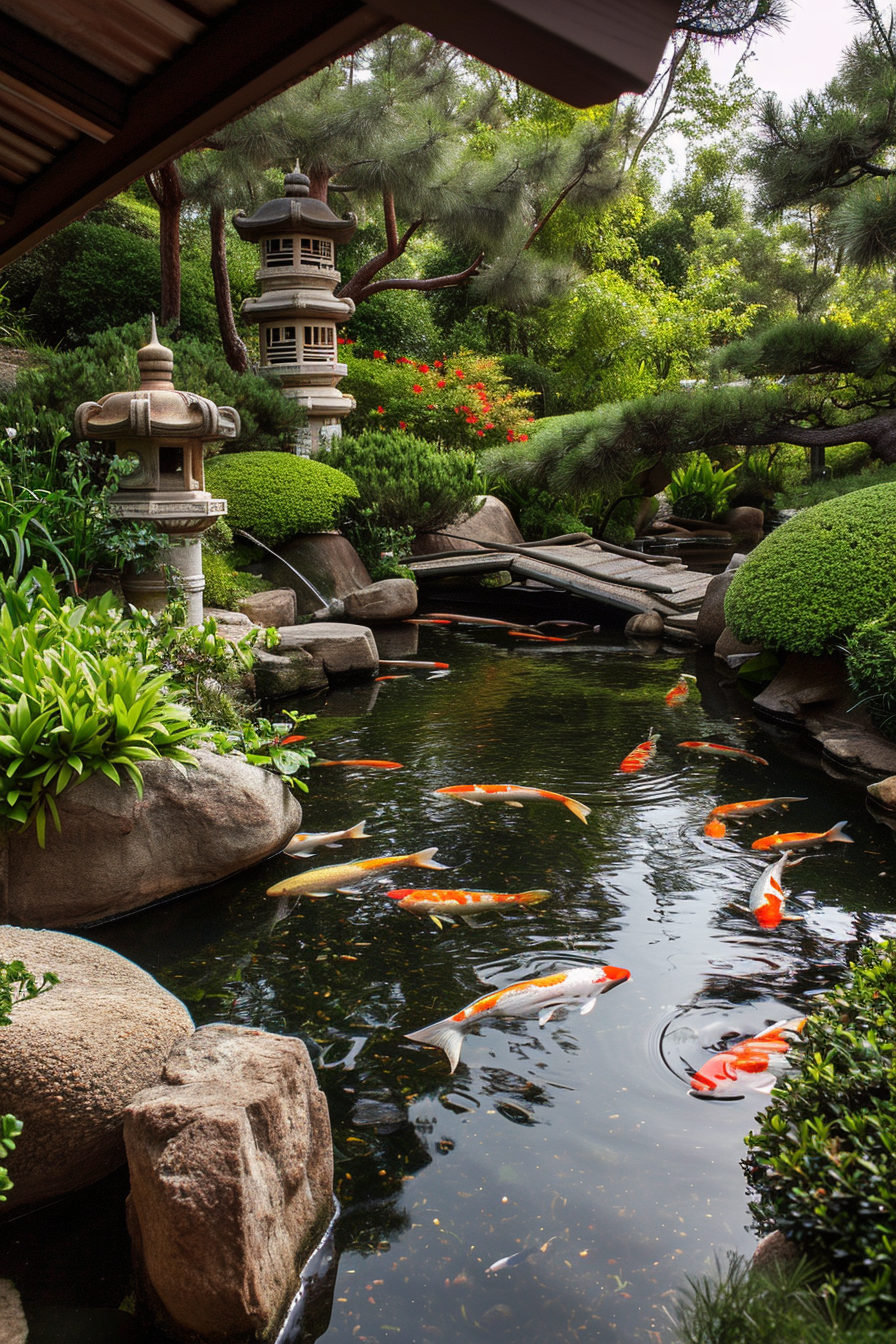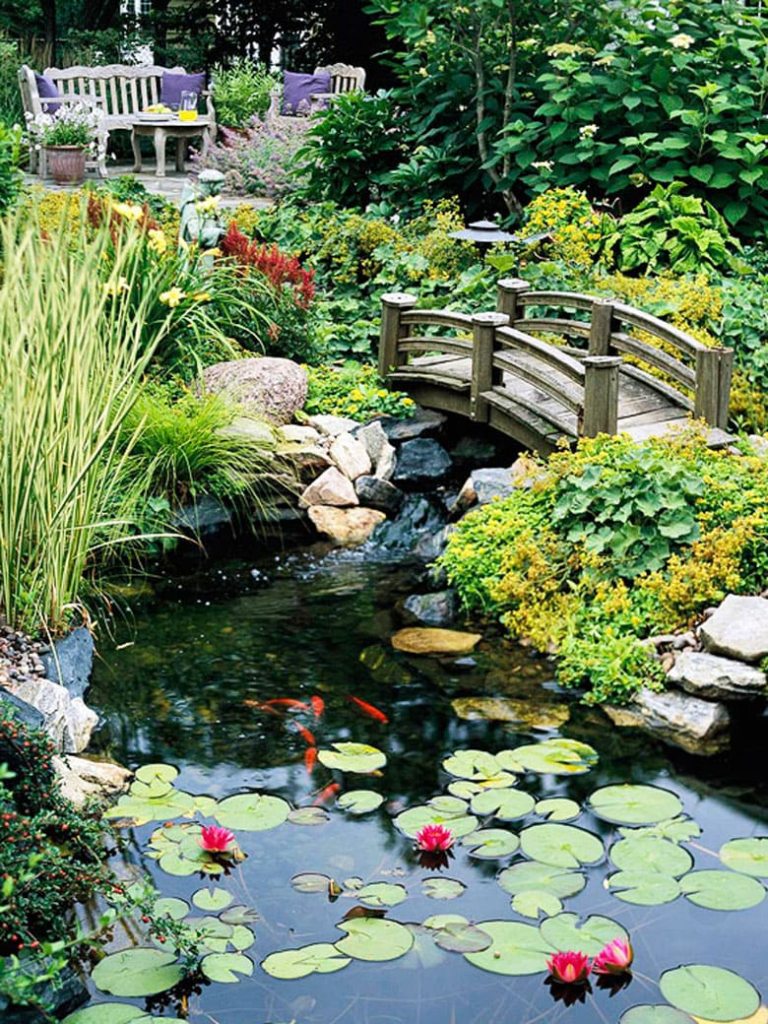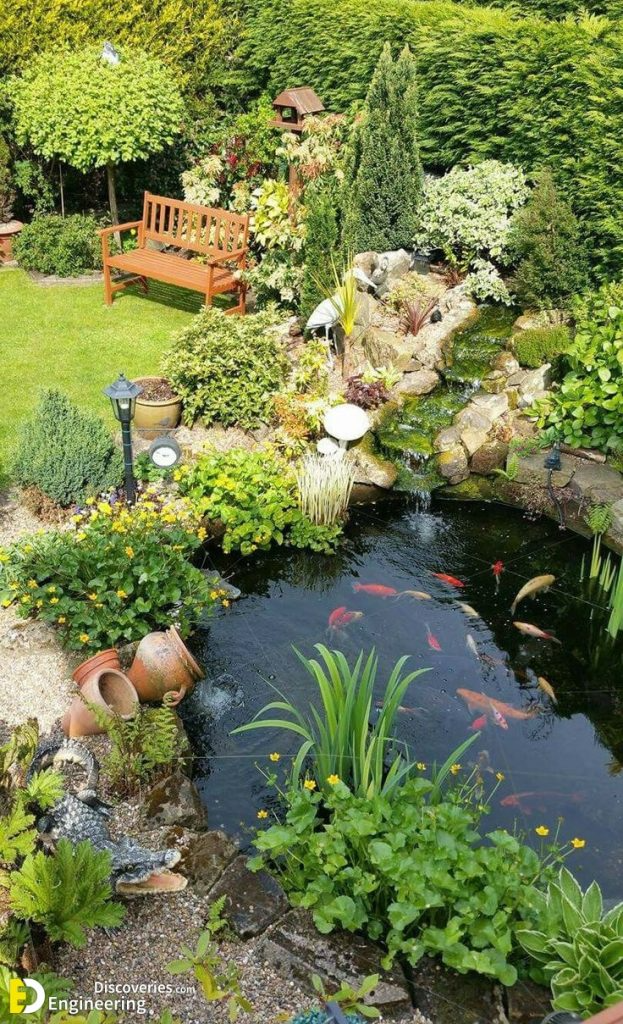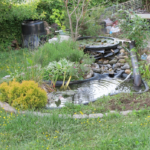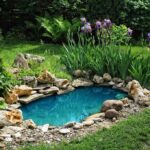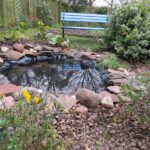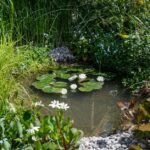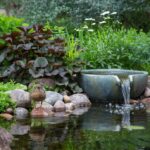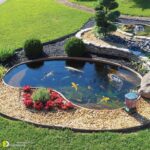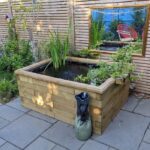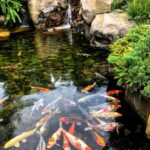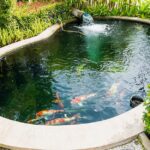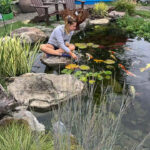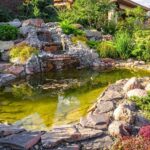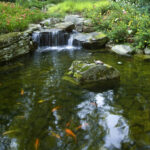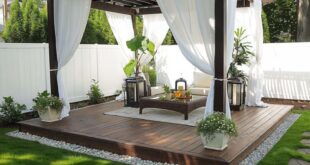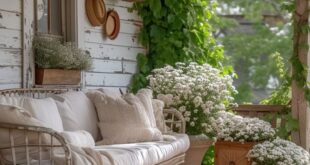A garden pond is a beautiful and tranquil addition to any outdoor space. It can provide a peaceful sanctuary for relaxation and contemplation, as well as create a haven for wildlife such as birds, insects, and amphibians. Here are a few key considerations for creating and maintaining a successful garden pond.
When designing a garden pond, it is important to consider its size, shape, and placement. A pond should be situated in a location that receives at least six hours of sunlight per day to support the growth of aquatic plants and algae. The size and shape of the pond should complement the overall design of the garden and provide enough space for plants and fish to thrive.
One of the most important elements of a garden pond is the filtration system. A good filtration system will help to keep the water clean and clear, and provide a healthy environment for plants and fish. There are different types of filters available, including mechanical, biological, and UV filters, so it is important to choose the right one for your pond based on its size and the type of plants and fish you plan to have.
In addition to filtration, aeration is also an important aspect of maintaining a healthy pond ecosystem. Aeration helps to oxygenate the water, prevent stagnant conditions, and promote the growth of beneficial bacteria. There are a variety of aeration options available, including fountains, waterfalls, and air pumps, so it is important to choose the right one for your pond based on its size and depth.
Choosing the right plants for your garden pond is essential for creating a balanced ecosystem. Aquatic plants not only add beauty and interest to the pond, but also help to oxygenate the water, provide shelter for fish and wildlife, and help to control algae growth. Some popular types of pond plants include water lilies, lotus, water hyacinth, and hornwort.
Maintaining a garden pond requires regular care and maintenance. This includes checking and adjusting water levels, cleaning filters and pumps, trimming and pruning plants, and using pond treatments as needed to control algae and pests. It is also important to monitor water quality and temperature, and keep an eye out for any signs of distress in fish or plants.
Overall, a garden pond can be a wonderful addition to any outdoor space, providing beauty, tranquility, and a habitat for wildlife. With proper design, filtration, aeration, plant selection, and maintenance, a garden pond can thrive and bring years of enjoyment to its owners. Whether you are a seasoned pond enthusiast or a beginner, creating and maintaining a garden pond can be a rewarding and fulfilling experience.
